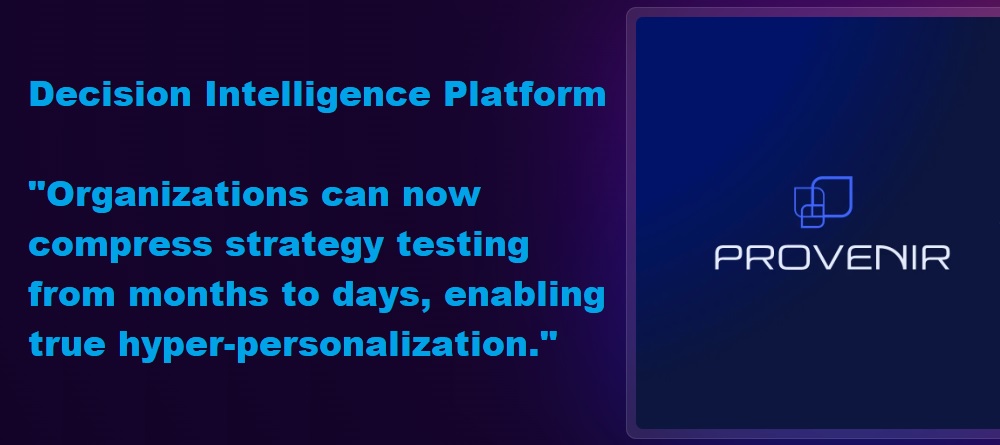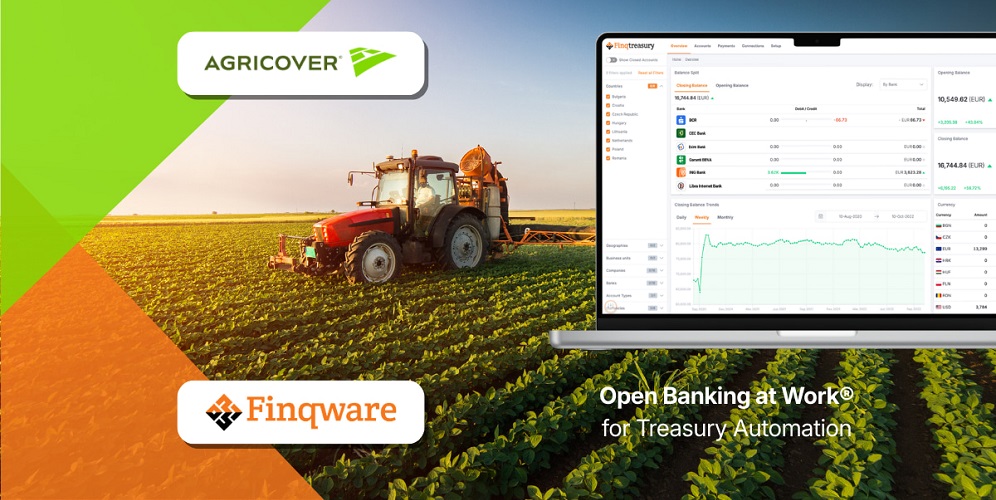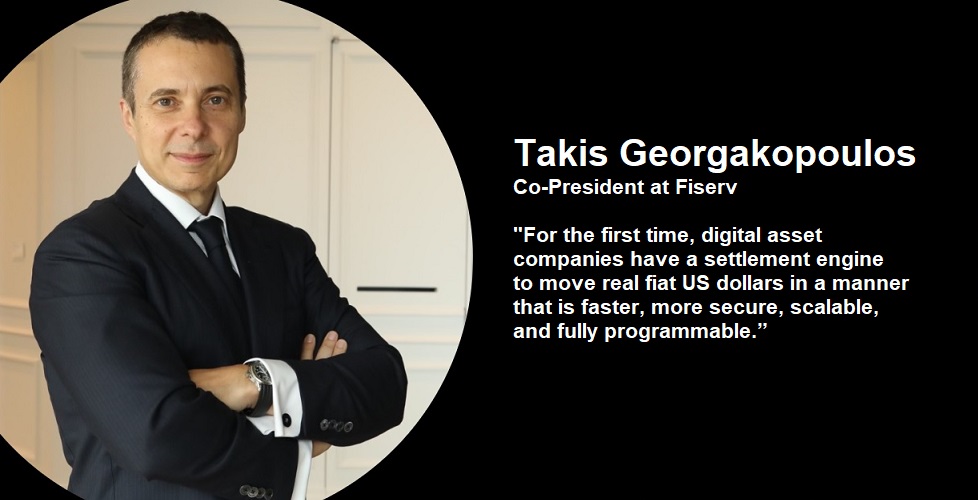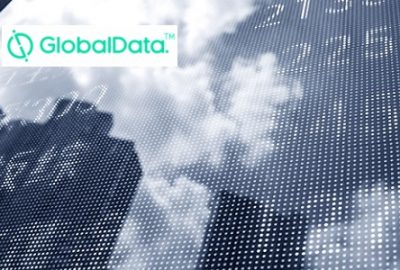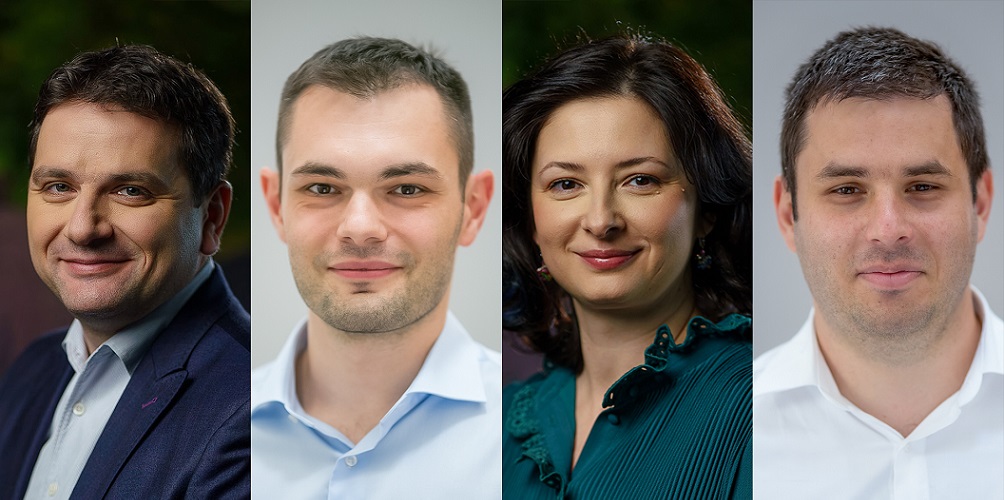Visa and the GSMA Mobile for Development Foundation launch Digital Finance for All Initiative

Today, Visa, a leading global payments technology company, and the GSMA Mobile for Development Foundation (GSMA Foundation) announced the launch of the Digital Finance for All (DFA) Initiative. This five-year initiative aims to advance digital financial inclusion for 20 million individuals, including women, small holder farmers (SHF), and nano, micro and small enterprise (NMSE) owners across low- and middle-incomecountries in Africa, Asia and Latin America.
While digital payments use by adults in low- and middle-income countries is up 66% from 20141, women, SHFs, NMSE owners and globally displaced individuals continue to face barriers accessing the digital economy. Women in low- and middle-income countries are 20% less likely than men to hold a formal financial account2 and more than 30% of the world’s food is produced by SHFs3 yet most have limited or no access to formal financial services like credit, loans, savings, or insurance4.
“At Visa, we believe that digital payments are critical to including everyone in the digital economy by helping provide access to economic livelihood,” said Chiagozie Nwabuebo – Vice President of Global Growth & Social Impact, Visa. “Together with the GSMA Foundation, we seek to empower those in underserved communities across the world and provide equal access to help build better financial futures for all.”
To help improve financial health, the DFA will:
. Deliver financial education resources through a jointly developed mobile financial literacy toolkit that enables easy delivery and scaling across markets to help enable successful access to and participation in mobile money services;
. Develop joint research through the Visa Economic Empowerment Institute (VEEI) and the GSMA Foundation focused on financial inclusion, advocacy and product innovation for women, SHFs, NMSEs and globally displaced individuals;
. Digitize SHFs and NMSEs to support their adoption of digital financial services to enable their resilience and growth; and
. Support meaningful financial inclusion and wellbeing for refugees and the communities who host them.
“Mobile money can play a transformative role in advancing financial inclusion and resilience for the nearly 2 billion people who remain unbanked globally. However, poor digital and financial literacy is a key barrier to accessing digital financial services, especially for certain population segments like women, farmers and micro-merchants,” said Ashley Olson Onyango – Head of Financial Inclusion and AgriTech, GSMA. “We are very excited about our partnership with Visa enabling us to further drive economic empowerment and support millions of users to access life changing financial services.”
____________
The GSMA Mobile for Development Foundation, Inc. (‘The GSMA Foundation’) brings together mobile operators, innovators, governments, and the international development community to realise the positive social, economic and climate impact of mobile technology, primarily in low- and middle-income countries. With funding from donors and the GSMA, the GSMA Foundation runs programmes that advance digital and financial inclusion – with a strong focus on gender inclusivity, climate action, humanitarian response, and investment in innovative digital solutions. Since 2007, these programmes have impacted the lives of over 220 million people.
1 The World Bank (2021), The Global Findex Database 2021
2 GSMA (2023), Accelerating Digital and Financial Inclusion for Women.
3 Ricciardi et al (2018), How much of the world’s food do smallholders produce?
4 CGAP (2019), Smallholder Households: Distinct Segments, Different Needs
Dariusz Mazurkiewicz – CEO at BLIK Polish Payment Standard
Banking 4.0 – „how was the experience for you”
„To be honest I think that Sinaia, your conference, is much better then Davos.”
Many more interesting quotes in the video below:
